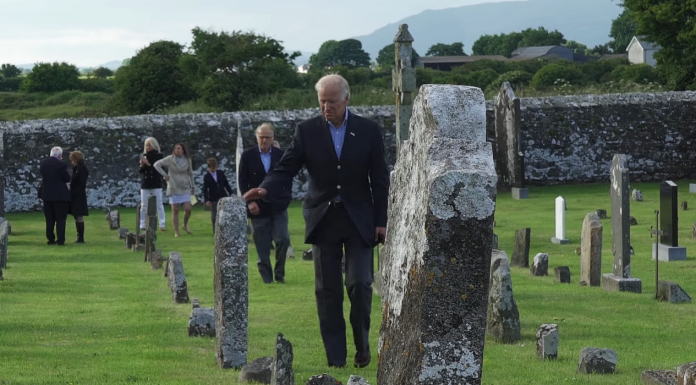(The Center Square) Hawaii’s mail-in voting system presents a dilemma for elections officials.
What happens if a voter dies after they mailed in their vote and the ballot has not been counted?
If Senate Bill 19 passes the Legislature and is signed by Gov. Josh Green, that vote would count.
The Senate Judiciary Committee heard comments for and against the bill on Friday. Ultimately, the committee deferred the bill.
“It came to our attention during testimony that there’s a uniform law on this topic,” Chairman Karl Rhoades said.
In written testimony, the Hawaii League of Women Voters said, “Regardless of which method is used, if a registered voter submits a valid ballot on time, it is possible the voter may become subsequently ineligible, including by death or perhaps by moving and registering to vote in another state after submitting their valid Hawaii ballot. Importantly, this bill makes clear that anyone who was eligible to vote in Hawaii at the time they cast their ballot should have this ballot counted, even if they later become ineligible. Every vote counts.”
Oahu resident Corinne Solomon opposes the bill. Tracking the number of people who died, newly convicted felons who have lost their right to vote, and people who move out of the state is nearly impossible, Solomon said in written testimony.
“Adding a 6-week average of deaths, convicted felons, and residents moving out of state gives us 9,630 potential eligible-to-ineligible ballots to track, both before and after they have been removed from their signature envelopes,” Solomon said.
“SB19 offers no insight on how this would be accomplished,” she continued. “We need a simpler election system of in-person Election Day voting with Voter ID, not one that requires complicated statutes that cannot be enforced.”
The bill passed out of the committee by a vote of 4-1, with Republican Sen. Brenton Awa casting the only “no” vote.
The committee also considered a bill requiring electors to cast their Electoral College votes only for names appearing on the ballot.
Lorna Takehara Strand said she supported the legislation because of an incident that occurred in 2016.
“We were shocked and dismayed when a Democratic presidential elector, elected by Democrats at the Democratic Party of Hawaii Convention to perform the duties of an elector, decided to cast his vote for Bernie Sanders,” Strand said in written testimony.
“Hillary Clinton defeated Donald Trump in the November 8, 2016 general election in Hawaii 61% – 29.4%,” she said. “Yet, one of Hawaii’s preciously few electoral votes went to Bernie Sanders who was not even on the ballot.”
Sanders is independent; he does caucus with Democrats.

